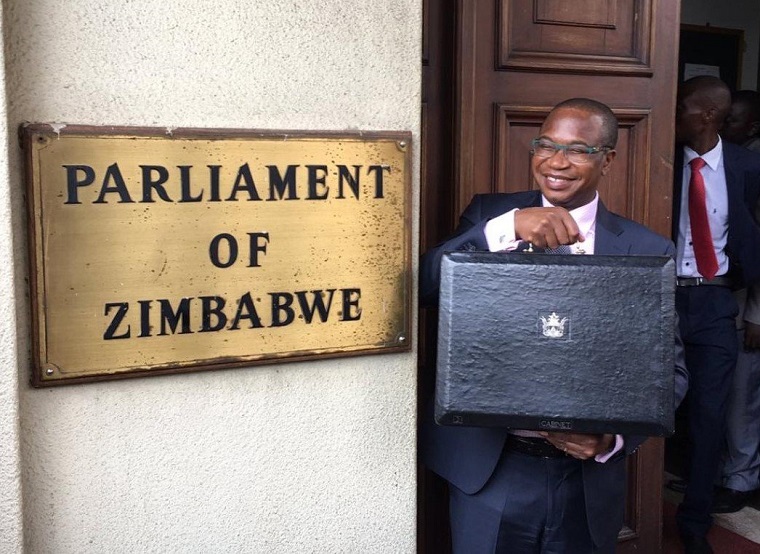 Zimbabwe Finance Minister Mthuli Ncube played it safe in his mid-term budget review statement today, making no major policy decisions and saying he may not need additional funding for his 2021 budget.
Zimbabwe Finance Minister Mthuli Ncube played it safe in his mid-term budget review statement today, making no major policy decisions and saying he may not need additional funding for his 2021 budget.
After many previous policy shocks, the best part about a largely uneventful budget statement was exactly that; it was uneventful. There were no major announcements on taxation, the currency, or any measures likely to shake tables immediately.
Here is a summary of some of the main takeaways from Ncube’s statement:
Economic Growth
Ncube’s prediction of 7.4% growth for 2021 was already ambitious, so much that even President Emmerson Mnangagwa thought it must be revised downwards. But Ncube is even more confident. He now sees the economy growing by 7.8%, higher than his initial expectation of 7.4%.
His predictions are far higher than the IMF’s projection of 6% and the World Bank’s 3.9% forecast. They also contrast sentiment from major local companies, many of which are tempering their confidence of a rebound with caution over the likely impact of COVID-19.
Why is Ncube so confident? He cites “rainfall season, higher international commodity prices, stable macroeconomic environment and a managed COVID-19 pandemic.”
Ncube says agriculture will this year grow faster than expected. It will grow by 34%, higher than the initially predicted 11%. He bases this on output from key farm segments, such as maize production.
The Finance Minister is also counting on the base effect of GDP contraction in 2020, when the economy shrank by 4%. For 2022, Ncube expects the economy to expand by 5.4%
He sees year-on-year inflation slowing down to between 22% and 35% by December 2021.
Vaccine procurement
Ncube said COVID-19 vaccines that have been bought so far have been purchased “utilising the savings from last year, in the main.”
But, to achieve Zimbabwe’s target of 60% of the population, the vaccination campaign will require “mobilisation of additional resources for the procurement of more vaccines, over and above the US$100m resource envelope.”
Ncube laid out what he has spent so far on the programme. To date, 11.8m doses and 7.2m syringes have been purchased using US$93.2 million.
Continued next page
(334 VIEWS)

